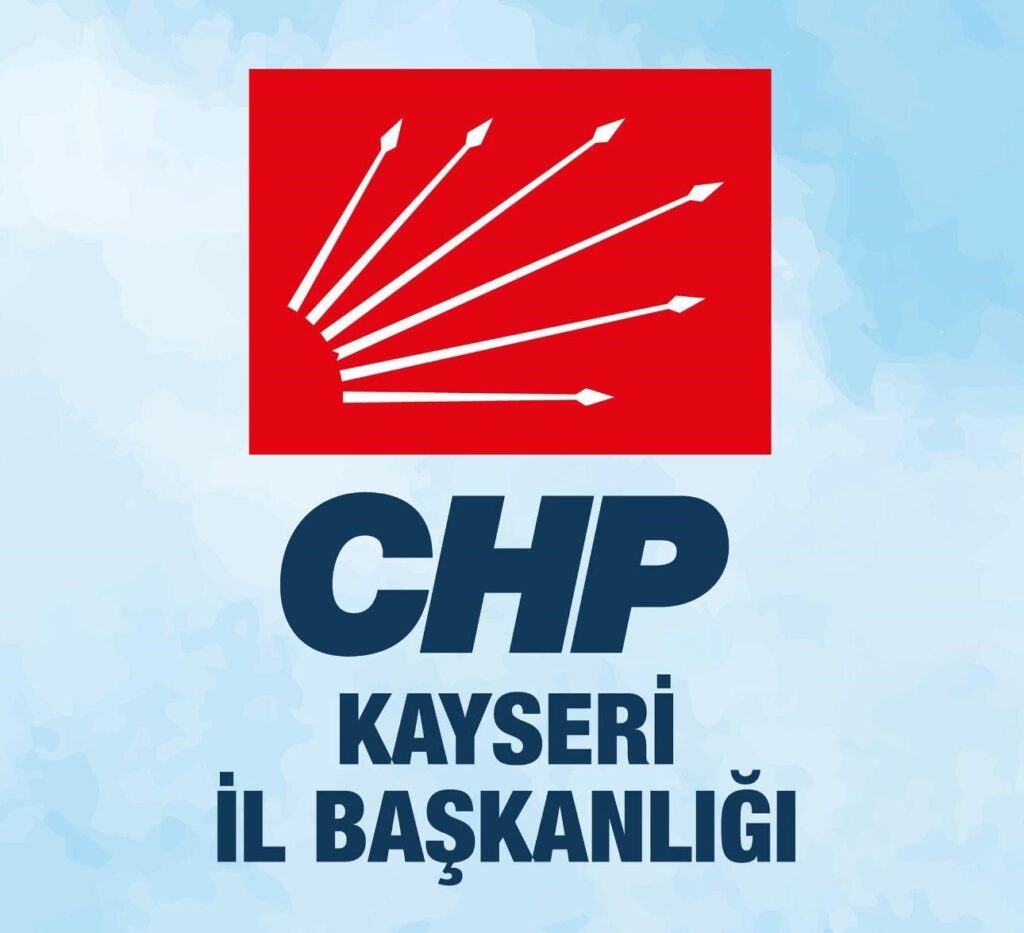Statement from TOBB on Pharmacy Faculties: Claims targeting Turkish higher education are completely unfounded
Istanbul Aydin University (IAU) Board of Trustees Chairman and Deputy President of the TOBB Turkey Higher Education Council Prof. Dr. Mustafa Aydin, among others, including the TOBB Turkey Higher Education Council, pharmacy…

TOBB Turkey Higher Education Council, including Istanbul Aydin University (IAU) Board of Trustees Chairman and Turkey Union of Chambers and Commodity Exchanges (TOBB) Turkey Higher Education Council Vice President Prof. Dr. Mustafa Aydin, made a statement regarding pharmacy faculties. The statement emphasized that the allegations targeting Turkish higher education are completely unfounded. In Turkey, there are 208 universities playing a critical role in the social, economic, and political development, with more than 7 million students enrolled. It was mentioned that foundation universities, which have a 40-year history as a public institution with the same status as state universities, contribute significantly to the country’s economy without using any resources from the state, as stated in Article 130 of the Constitution and Law No. 2547 on Higher Education. There are a total of 25,200 students studying in pharmacy faculties. It was stated that foundation universities share a significant part of the responsibility carried by the state in terms of expanding higher education, and about 230,000 graduates from foundation higher education institutions enter the workforce every year, playing a major role in the country’s development. Foundation higher education institutions make important contributions to the health sector with their academic structure and hospitals. Out of a total of 47 pharmacy faculties in the country, 15 belong to foundation universities and serve as a complementary part of the system. Approximately 5,500 students enroll in pharmacy faculties each year, totaling 25,200 students receiving education. The statement also addressed that the allegations targeting Turkish higher education, especially foundation universities, are completely unfounded. Foundation universities were praised for filling a significant gap in higher education with their educational facilities, academic staff profile, laboratories, research potential, and campus facilities, offering qualified higher education opportunities to prospective students. It was emphasized that the country’s dependency on foreign countries for drug and pharmaceutical raw material development is well-known. In recent years, there have been discussions regarding pharmacy faculties, highlighting the high number of pharmacy graduates and claiming a decline in education quality. The Republic of Turkey has made it a mission to train a workforce for the international arena in the new century, especially in the health sector. Producing internationally competent health professionals is among the goals of our higher education system. Training pharmacists with international qualifications and high expertise in this field is crucial due to the country’s dependency in drug and pharmaceutical raw material development. New pharmacy faculties not only train students to meet the domestic demand but also provide high-quality education to international students, contributing to the internationalization, expansion policy, and economic input of the country. The Council aims to increase the quality and standardize education by setting high minimum requirements for opening pharmacy faculties and education, closely monitoring the education conditions and infrastructure at foundation universities. The Turkey Union of Chambers and Commodity Exchanges Turkey Higher Education Council places special importance on training all healthcare professionals, including pharmacists, considering sensitivities, and continuously improving its vision, strategy, and institutions in this regard.






